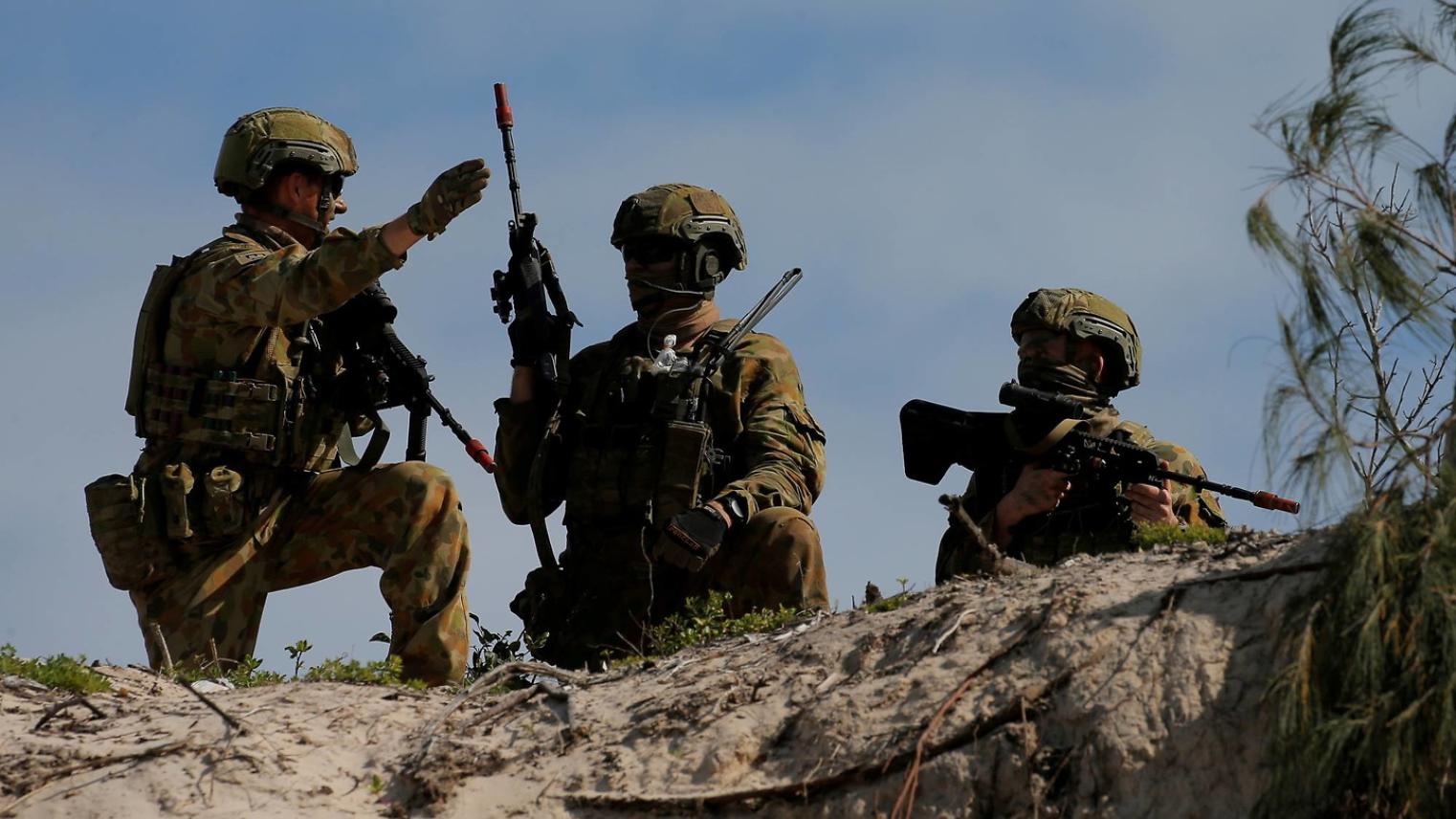The government’s recent conclusion that Australia can no longer assume a warning time of 10 years for major conflict is a critical break from the defence policies of the past 50 years. It is difficult to overstate the significance of this new policy and the urgent demands of its consequences.
Because warning time is now much shorter and potentially ambiguous, there is a need for a National Intelligence Officer for Warning. And to test rigorously the consequences of potential contingencies for the ADF, Defence now needs a Directorate of Net Assessments. Long-range missiles capable of striking an adversary’s forces directly threatening us will have a key role in implementing a new policy of defensive deterrence. Such a capability must assume the highest priority in the government’s defence planning.
Australia needs to sharpen its analysis of US strategic thinking, including what it expects of us. This is not only because of the critical role of the US in the continued stability of the Indo-Pacific, but also because of the potential further volatility of its domestic politics.
More attention needs to be paid to the preparedness of the ADF for contingencies credible in the shorter term, with the demands to sustain operations potentially for months on end that could prove formidable.
Watch the recording here.
